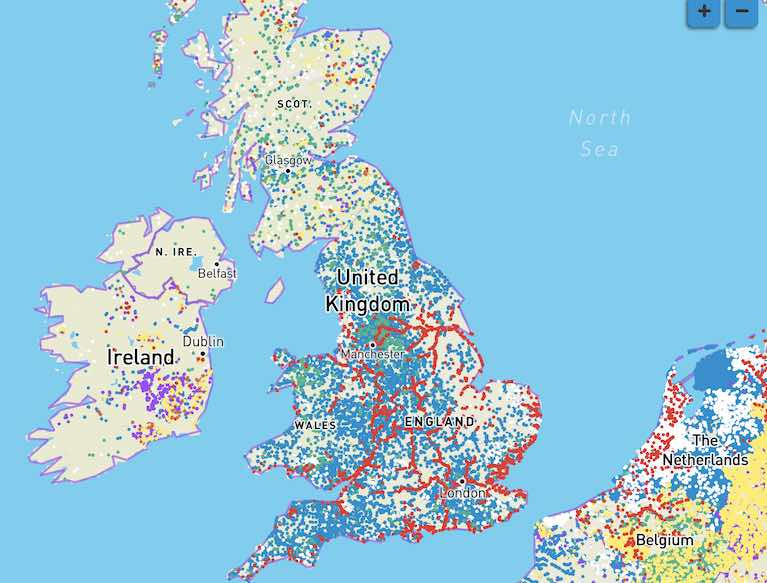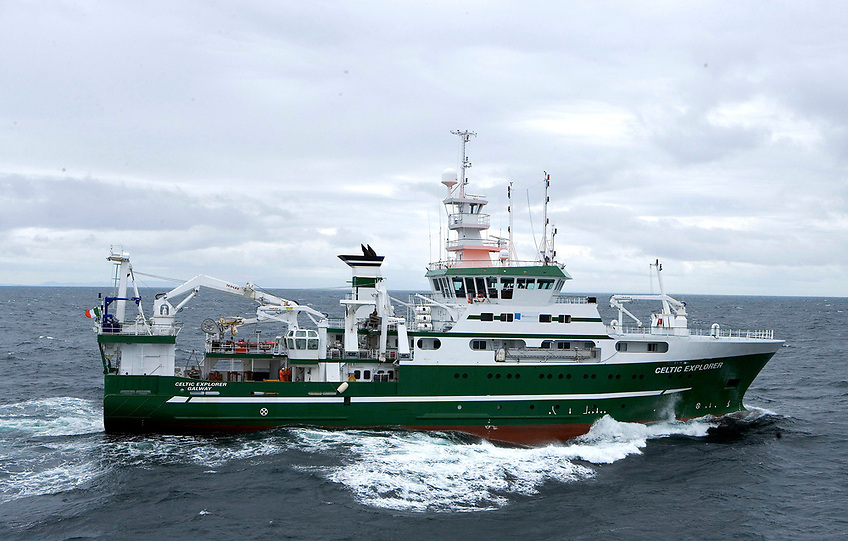Europe has some of the "most fragmented" rivers in the world with at least 1.2 million instream barriers, according to a newly published study.
An EU project involving University College Cork (UCC) team of researchers has identified thousands of large dams and a myriad of weirs, culverts, fords, sluices and ramps as the "main culprit of fragmentation".
It calculates that there are at least 0.74 barriers per kilometre of stream in Europe, and has recorded same in what it describes as the "first comprehensive pan- European barrier inventory".
The Amber Barrier Atlas shows the extent of this fragmentation is "much higher than anyone had anticipated", according to river geomorphologist Barbara Belletti who is now based at the CNRS, the French National Centre for Scientific Research.
Amber co-ordinator Carlos de Garcia de Leaniz said that many of the barriers are obsolete, and removing them "provides unprecedented opportunities for restoration".
The project results will feed into the EU's new biodiversity strategy and will help to reconnect at least 25,000km of Europe's rivers by 2030, he said.
UCC research professor Prof Philip McGinnity said that the project involved attempting to identify those areas of a river where Atlantic salmon are "stressed, in distress or excluded".
UCC Environmental Research Institute director Prof Sarah Culloty said the impact of the river barriers identified would be exacerbated by global warming.
The data would be critical to managing future risk, prioritising action and co-ordinated responses, she said.
UCC's head of the school of biological, earth and environmental sciences Prof Andy Wheeler said he was very concerned that recent Environmental Protection Agency reports showed that the ecological quality of Ireland's surface waters continued to decline, with nearly half of the water bodies in Ireland failing to meet objectives set in the EU Water Framework Directive.
Restoring connectivity by removing obsolete barriers would make an "important contribution in helping to improve conditions", he said.
The Amber project, funded under the EU's Horizon 2020 research and innovation programme, has developed tools and simulations to help water companies and river managers make the most of barriers and minimise ecological impacts.
It has improved fish migration at the Poutes dam in France using "adaptive management strategies" as one of a number of initiatives. A citizen science app to recover river barriers in Europe has also been developed, known as the Barrier Tracker.
More here
































































